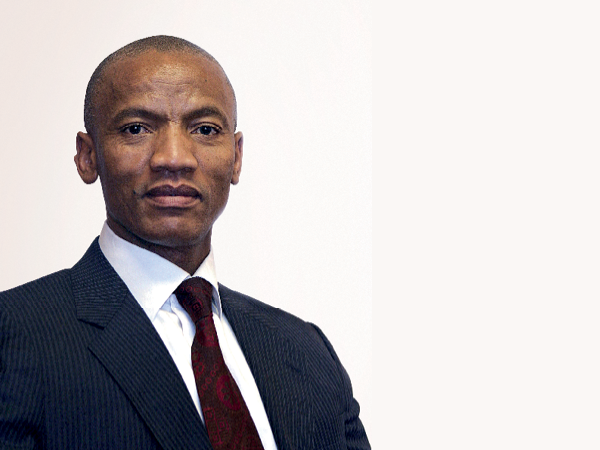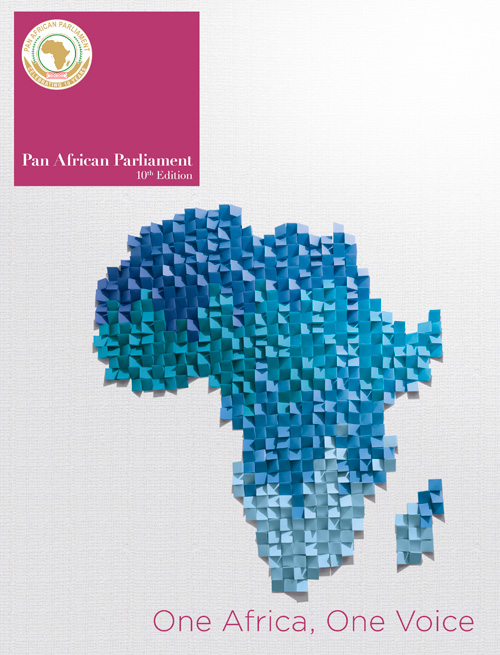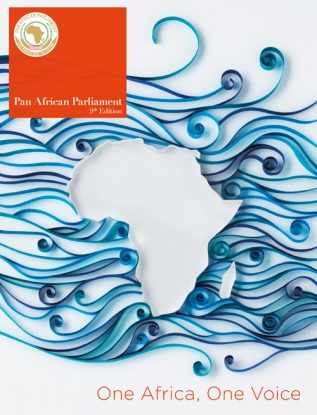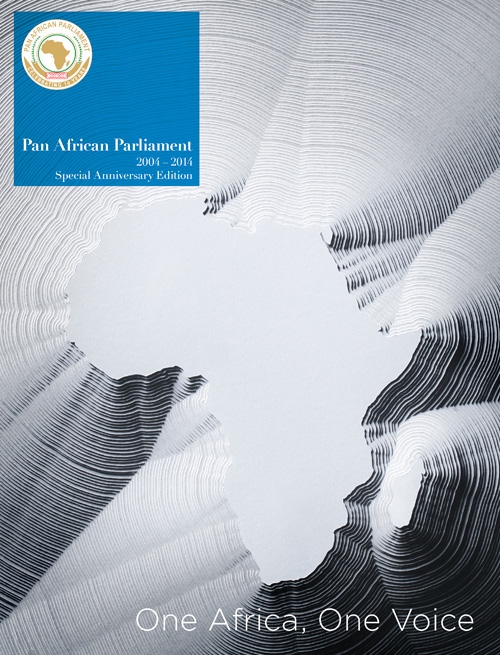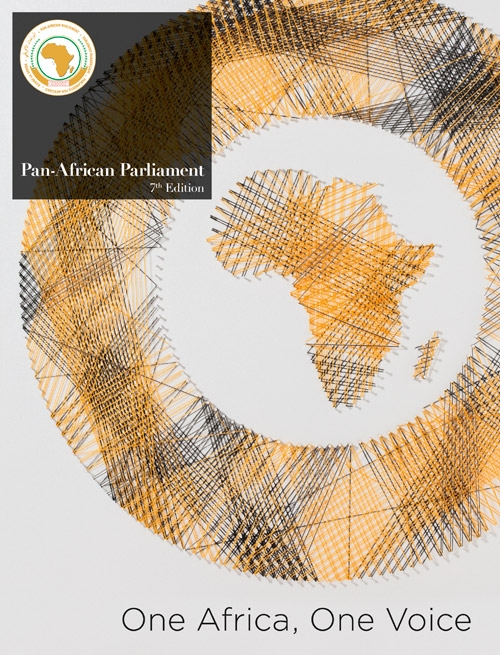
The African Union’s (AU) Agenda 2063 is a strong blueprint for the Africa of the future. The framework of Agenda 2063 is a call to action for all of Africa’s people to work together, and for each and every African to play an active and genuine role to help achieve a favourable socio-economic transformation of our continent within the decades ahead.
Agenda 2063 is a vision for a flourishing, peaceful and united Africa based on shared values and a common goal.
Africa has amazing potential but many challenges to overcome too. Parts of our continent are facing the scourge of terrorism, violent extremism, transnational criminality and human trafficking, while violence against women and children is all too prevalent.
For Africa to attain real and true development we need to tackle these scourges and overcome them. In doing this, it is important that we learn from the lessons of the past to prepare for the future. 2015 has been highlighted by the AU as the ‘Year of Women’s Empowerment’. Women make up more than half the population of Africa and they are mostly the backbone of African economies, especially in rural areas. Yet they bear the brunt of discrimination on many levels, especially in economic terms.
Africa needs to demonstrate its leadership qualities in every aspect to implement the way towards a positive and visible accomplishment of women’s empowerment and gender equality. The Pan African Parliament (PAP) is proud to be a torch-bearer for women’s rights on the continent – AU Member States are represented at the PAP by five Parliamentarians, at least one of whom must be a woman.
We must also highlight the role of youth in achieving the 2063 Agenda. Around 65% of Africa’s population is under the age of 35. As the former President of the PAP, Hon Bethel Nnaemeka Amadi said: ‘Throughout Africa’s history, young people have played an indisputably crucial role in defining the destiny of Africa’s social, economic and political developments.’
These are true words. In May 2015 the PAP hosted an Intergenerational Dialogue conference at its headquarters in Midrand, South Africa. It brought together young people and leaders from all over Africa to have discussions on how to productively utilise the youth in the fundamental development of the continent.
This year too the PAP has highlighted the urgent need for the signing and ratification of the Protocol relating to the PAP as adopted at Malabo in Equatorial Guinea. The revised Protocol will enable the PAP to make model laws on continental issues and submit these for adoption to AU Member States. It is imperative that this is actioned as soon as possible. The Parliament this year also resolved to establish a caucus of former MPs. This is an excellent way for the PAP to retain a reservoir of African expertise and knowledge. This pool of learning and wisdom will surely be tapped in the years to come.
I wish to thank all the members and staff of the PAP for their hard work and commitment to achieving the ideals and goals of Agenda 2063. My thanks goes to the former President of the PAP, Hon Amadi, for his untiring dedication and commitment to ensuring the PAP serves the AU and all the people of Africa.
We will continue to seek lasting ways to achieve the goal of a united and democratic African continent that is prosperous and peaceful.
Hon Roger Nkodo Dang, MP
President of the Pan African Parliament


